Ahmad v Minister for Immigration, Citizenship, Migrant Services and Multicultural Affairs
Samuta McComber Lawyers represented the Applicant in these proceedings, which resulted in a successful outcome for the Applicant. The Tribunal was satisfied of the Applicant’s identity for the purposes of s 24(3) of the Australian Citizenship Act 2007 (Cth). The matter is remitted to the Minister for Immigration, Citizenship, Migrant Services and Multicultural Affairs, for reconsideration.
The matter before the Tribunal concerned a decision by the Minister for Immigration, Citizenship, Migrant Services and Multicultural Affairs, refusing an application for citizenship. This refusal was made on the grounds that the delegate was not satisfied of the Applicant’s identity, due to inconsistencies in their application materials.
The Tribunal relied upon government policy in making their decision, notably the three pillars of identity described in the Citizenship Procedural Instruction 16 – Assessing Identity Under the Citizenship Act. These are biometrics, documents, and life story. Both parties agreed that biometrics were difficult to source given the current context of the applicant’s refugee status. The primary issues thus fell on the unexplained absence of documents, and inconsistencies in the applicant’s declared life story.
Regarding documents, the only document tendered by the applicant in their application was their birth certificate. Other documents the Tribunal considered prudent included a previous passport, and corroborative statements from any of the family members mentioned in the Applicant’s life story. Particularly relevant was the Applicant’s failure to satisfactorily explain the absence of these documents. The Tribunal stressed its typical view that it is insufficient for an Applicant to simply state they were unable to obtain such documents – they must display a bona fide effort to do so. In this instance, the Applicant was saved only by their birth certificate and independently prepared documents from the United Nations, such as their UNHCR Resettlement Registration Form.
Inconsistencies in the applicant’s life story included their descriptions of various life events and dates. The Tribunal was lenient regarding dates inconsistent by a factor of several months in the applicant’s history of travel into Australia, given the Applicant was young and travelling unassisted.
Despite the application’s shortcomings canvassed above, the Tribunal ultimately decided to set aside the Minister’s refusal decision. The Tribunal found that the Applicant’s explanations towards inconsistencies in their life story were sufficiently credible, and the inconsistencies themselves not significant enough to separate them from the person described by the birth certificate. Though there were inconsistencies, the inconsistencies did not concern “most critical elements of [their] personal background” such as place and country of birth.[1]
The mater has been remitted to the Minister for Immigration, Citizenship, Migrant Services and Multicultural Affairs, for reconsideration.
Disclaimer: The contents do not constitute legal advice, are not intended to be a substitute for legal advice and should not be relied upon as such. You should seek legal advice or other professional advice in relation to any particular matters you may have. Information is correct as at 01.09.2021 and subject to change without notice.
[1] CDNB and Minister for Immigration and Border Protection [2018] AATA 757 [99].

